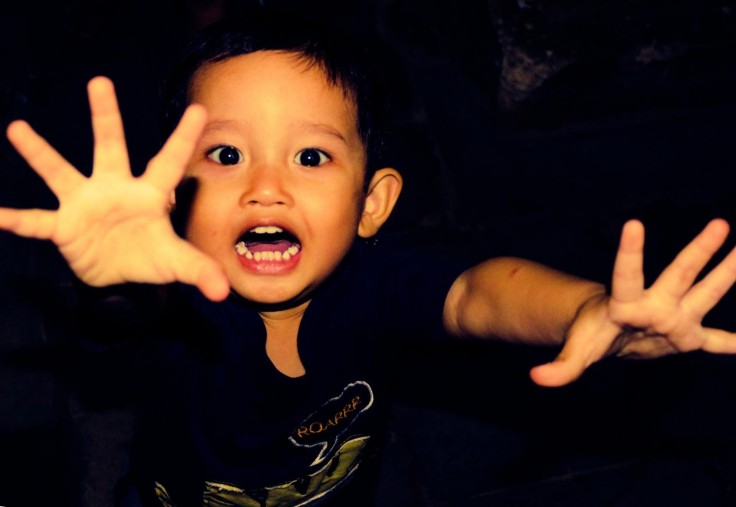
Yelling can have long-term effects on kids as it can traumatize them and make them feel insecure, while the parents' only intention is to discipline their kids.
Getting frustrated with children, especially if they are misbehaving, is normal and is something most parents go through. How frustration is expressed can have significant implications on personality development and long-term health in dealing with some situations.
Laura Markham, Ph.D., Author, and parent educator, said that a parent's number one job after assuring the children's security is to manage their own emotions, per Healthline.
Effects of yelling at your kids
According to a study, "Longitudinal Links Between Fathers' and Mothers' Harsh Verbal Discipline and Adolescents' Conduct Problems and Depressive Symptoms," yelling at kids can worsen their behavior problems.
Parents might think that yelling can solve all the problems and show how powerful they are by using only words and their tone and can prevent them from having bad behavior in the future, but the research showed that yelling at kids could create more issues in the long run.
Whether it is the mother or the father who yells at the kids makes no difference.
Another research, "Exploring the Relation of Harsh Parental Discipline with Child Emotional and Behavioral Problems by Using Multiple Informants The Generation R Study," shows that the outcome is the same, behavioral problems for kids can get worse.
Harsh parenting techniques, including yelling, can change how a child's brain develops as humans process negative information and events more quickly and thoroughly than good events.
"Exposure To Parental Verbal Abuse is Associated with Increased Gray Matter Volume in Superior Temporal Gyrus," a study that compared scans of brains of people who experienced parental verbal abuse in childhood with scans of those who did not have a history of it.
The study found a noticeable physical difference in some parts of the brain responsible for processing language and sounds.
Children have emotions just like parents. Yelling at kids can make them insecure and compare themselves with other kids.
Parents' yelling can make kids feel hurt, sad, or scared, as verbal abuse can cause deeper psychological issues that can carry into adulthood.
Avoid yelling at kids
Mary Wyatt, a mother and someone who experienced verbal abuse, stated that enduring the yelling technique growing up is a reason for her not to do it.
Amy Hoyt, Ph.D., co-founder of Mending Trauma in Monett, said that if parents are more aware of their physical clues or signs they are about to lose their cool, they can move into quick tools for resetting.
When parents are about to yell at kids, take two quick breaths in a row through the nose without exhaling and repeat it one to three times.
Such can immediately offload carbon dioxide and increase oxygen which helps in calming the nervous system.
When parents feel like yelling, focus on breathing as it can help clear the anger.
According to Grow by Web MD, if parents feel they are on the verge of yelling, they should quickly divert their attention as it allows them enough time to rethink what is currently happening instead of reacting.
Related Article : 5 Ways To Stop And Avoid Yelling At Your Kids